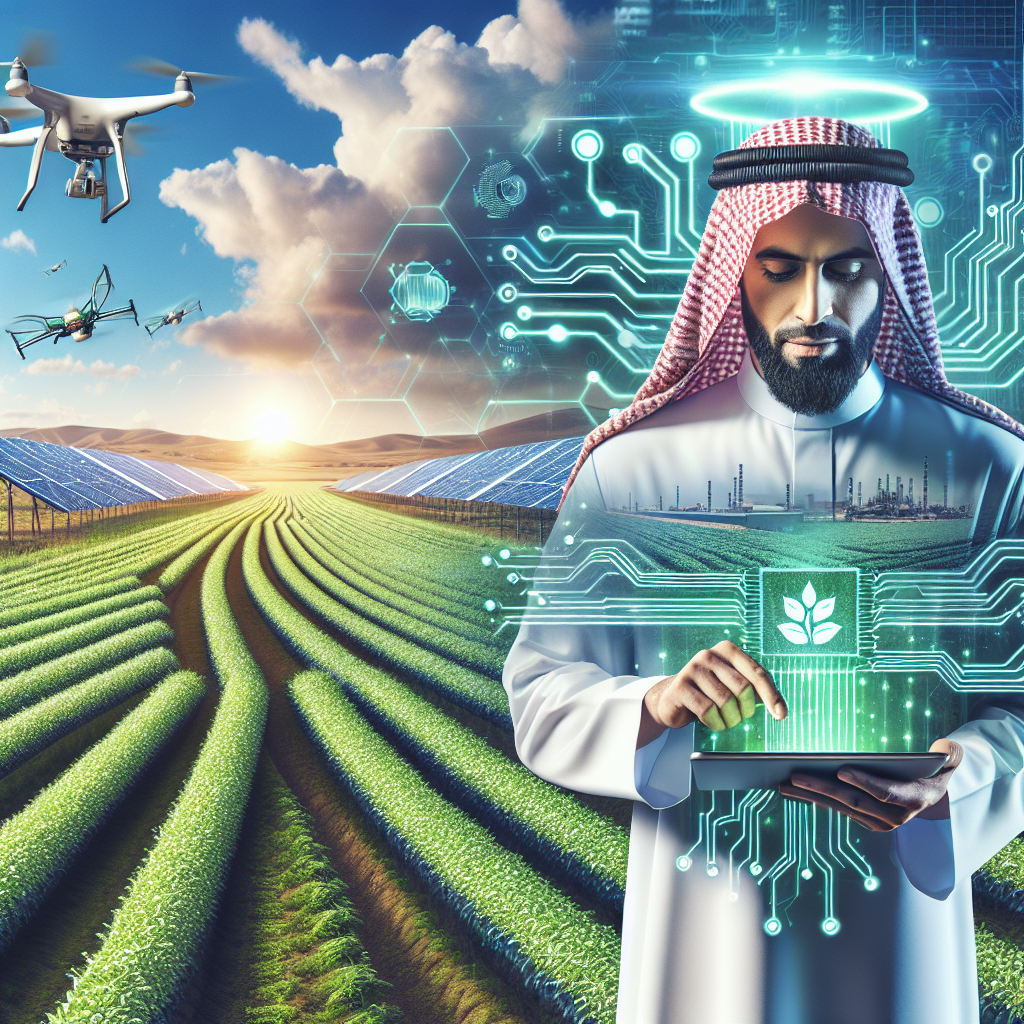In recent years, the agricultural industry has seen a significant shift towards the use of technology to improve crop monitoring and management practices. One such technology that has gained traction in agriculture is artificial intelligence (AI). AI technology has the potential to revolutionize the way crops are monitored, leading to increased efficiency, better yields, and reduced environmental impact.
AI technology can be used in various ways to enhance crop monitoring. One of the most common applications of AI in agriculture is the use of drones equipped with AI algorithms to collect data on crop health. These drones can fly over fields and capture high-resolution images that are then analyzed using AI algorithms to detect issues such as pest infestations, diseases, nutrient deficiencies, and water stress. This allows farmers to quickly identify problems and take corrective actions, leading to improved crop health and yields.
Another way AI technology can enhance crop monitoring is through the use of sensors and IoT devices. These devices can be placed in the field to monitor various environmental parameters such as temperature, humidity, soil moisture, and nutrient levels. The data collected by these sensors can be analyzed using AI algorithms to provide real-time insights into the health and growth of crops. Farmers can use this information to adjust their irrigation and fertilization practices, leading to more efficient use of resources and better crop yields.
AI technology can also be used to predict crop yields and optimize planting strategies. By analyzing historical data on weather patterns, soil conditions, and crop performance, AI algorithms can predict how crops will perform under different conditions and recommend the best planting strategies to maximize yields. This can help farmers make informed decisions about when and where to plant their crops, leading to higher profits and reduced risks.
In addition to crop monitoring, AI technology can also be used to improve pest and weed management. AI algorithms can analyze images of fields to identify and classify different types of pests and weeds, allowing farmers to target specific areas for treatment. This can help reduce the use of pesticides and herbicides, leading to a more sustainable and environmentally friendly approach to pest and weed control.
Overall, AI technology has the potential to revolutionize crop monitoring practices in agriculture. By providing real-time insights into crop health, predicting yields, and optimizing planting strategies, AI technology can help farmers improve their efficiency, increase yields, and reduce environmental impact. As the technology continues to advance, we can expect to see even more innovative applications of AI in agriculture, leading to a more sustainable and productive food system.
FAQs:
Q: How does AI technology improve crop monitoring?
A: AI technology can improve crop monitoring by analyzing data collected from drones, sensors, and IoT devices to provide real-time insights into crop health, predict yields, and optimize planting strategies.
Q: What are some common applications of AI in agriculture?
A: Some common applications of AI in agriculture include using drones to collect data on crop health, analyzing sensor data to monitor environmental parameters, and predicting crop yields.
Q: How can AI technology help reduce environmental impact in agriculture?
A: AI technology can help reduce environmental impact in agriculture by optimizing resource use, such as water and fertilizers, and reducing the use of pesticides and herbicides through targeted pest and weed management.
Q: What are the benefits of using AI technology in crop monitoring?
A: The benefits of using AI technology in crop monitoring include improved efficiency, increased yields, reduced environmental impact, and better decision-making for farmers.
Q: How can farmers implement AI technology in their crop monitoring practices?
A: Farmers can implement AI technology in their crop monitoring practices by investing in drones, sensors, and IoT devices, as well as partnering with companies that specialize in AI solutions for agriculture.

